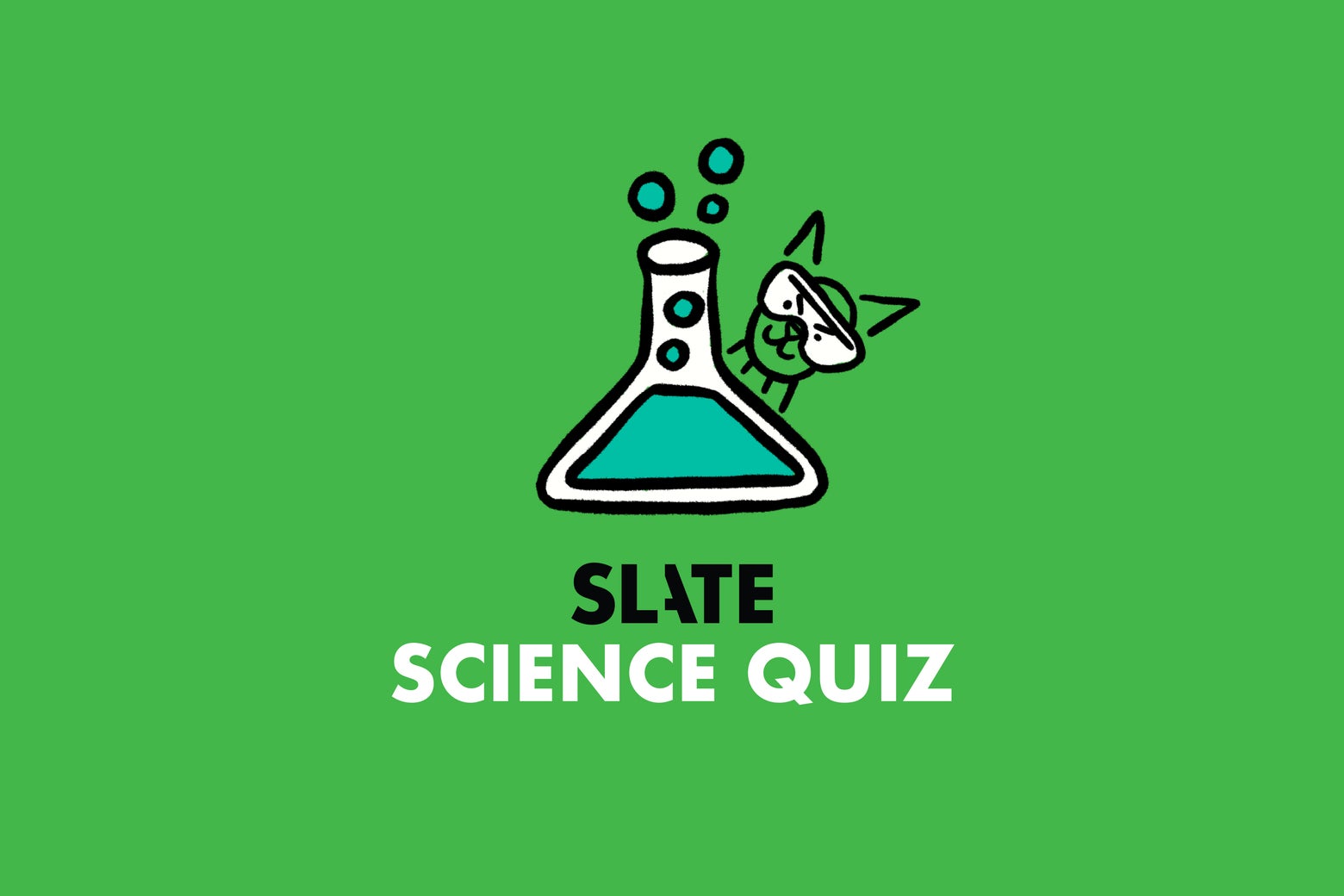Venki Ramakrishnan, a Nobel Prize winner in Chemistry for his work on the ribosome, is a leading scientist in the quest for immortality. As head of the Ramakrishnan Lab at the MRC Laboratory of Molecular Biology in Cambridge, England and a member of the National Academy of Sciences, he is at the forefront of research into aging and immortality. In his book “Why We Die: The New Science of Aging and the Quest for Immortality,” he explores the ethical implications and potential alterations to human physiology that could lead to extended lifespans.
Ramakrishnan’s research has focused on understanding the mechanisms of aging and exploring ways to potentially halt or reverse the aging process. By uncovering the structure of the ribosome and studying the aging process, researchers hope to develop technologies that could extend human longevity. However, Ramakrishnan also raises questions about the ethical considerations of pushing the boundaries of human life spans.
In his book, Ramakrishnan examines scientific advancements that could potentially unlock secrets to living indefinitely. He sheds light on groundbreaking research being conducted in this field and offers insights into ethical implications such as changes to human physiology that may arise from pursuing immortality.
The quest for immortality raises important ethical questions about what it means to be human and whether extending life beyond its current limits is worth it. Ramakrishnan’s work is just one aspect of this larger debate but it offers a unique perspective on how science can help us understand our own mortality and potentially find ways to overcome it.



